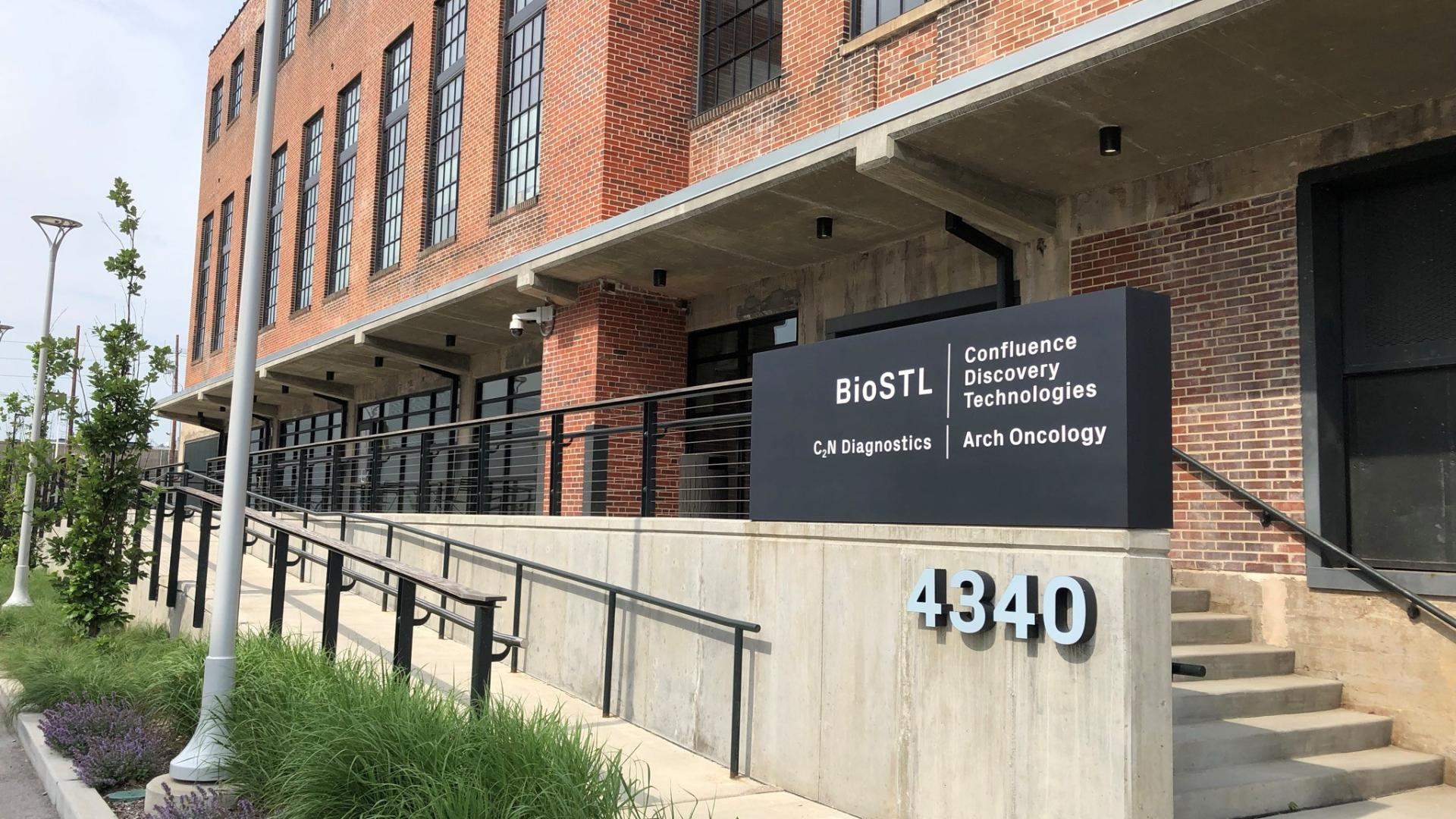PrecivityAD™ First in Accuracy Among Blood-Based Alzheimer’s Screening Tests
Written By: BrightFocus Editorial Staff



Written By: BrightFocus Editorial Staff

According to a new report, an Alzheimer’s disease (AD) blood-based screening test rooted in pivotal early BrightFocus support has come in top-ranked for accuracy among eight tests either approved or in development.
The PrecivityAD™ blood test developed by C2N Diagnostics had an accuracy rate of 87 percent, significantly higher than six of the tests studied and modestly above a seventh.
The results, published recently in JAMA Neurology (Janelidze S et al, 2021) and discussed this week at a major scientific conference, are based on analyses of blood and cerebrospinal fluid (CSF) samples and PET imaging, in the Swedish BioFINDER cohort study. Findings were supported by similar results in the U.S.-based Alzheimer’s Disease Neuroimaging Initiative.
Click here for a story about the long history of BrightFocus support behind PrecivityAD.
Screening for AD through a blood sample offers advantages over current diagnostic “gold standards” – PET scans and CSF testing – that are time-consuming, costly, sometimes uncomfortable, and for many, inaccessible. In contrast, a simple blood test like PrecivityAD provides an earlier, easier start to managing Alzheimer’s.
The first blood biomarkers came about after scientists linked the beginning of Alzheimer’s – decades before cognition loss and other behavioral symptoms – with changes to the biochemical composition of amyloid-beta protein in the brain that cause it to form amyloid-beta plaques . These changes can be detected biochemically by determining the ratio of two different forms of amyloid-beta in blood – ie, as the toxic form accumulates in brain tissue, there will be less circulating while the normal protein remains stable.
In comments on the JAMA Neurology study, experts attribute the higher accuracy of the two higher-ranked blood tests to their methodology, immunoprecipitation mass spectrometry (IP-MS) assay techniques. In the United States, this approach was pioneered by Randall Bateman, MD, a clinician-scientist at Washington University School of Medicine faculty, who received grants from the BrightFocus Alzheimer’s Disease Research (ADR) program to help perfect the technique.
In addition to providing early grant support to Dr. Bateman, BrightFocus provided support to C2N Diagnostics, a small St. Louis biotech firm founded by Bateman and colleagues. In 2016, C2N scientists Philip Verghese, PhD, (principal investigator) and Joel Braunstein, MD, received a $750,000 ADR grant to commercially develop the PrecivityAD blood test.
In 2020 the PrecivityAD blood test became first of its kind to be commercially available. It is currently certified for use as a clinical laboratory test in 48 states and in the European Union. (The remaining states, Maryland and New York, have their own processes for which the company is near completion).
These new results affirm the “game-changer” that the PrecivityAD blood test has become, according to Diane Bovenkamp, PhD, BrightFocus Vice President, Scientific Affairs.
“This is a powerful example of how high-risk, high-reward science can make a big impact toward defeating Alzheimer’s,” Bovenkamp said.
BrightFocus Foundation is a premier global nonprofit funder of research to defeat Alzheimer’s, macular degeneration, and glaucoma. Through its flagship research programs — Alzheimer’s Disease Research, Macular Degeneration Research, and National Glaucoma Research— the Foundation has awarded nearly $300 million in groundbreaking research funding over the past 51 years and shares the latest research findings, expert information, and resources to empower the millions impacted by these devastating diseases. Learn more at brightfocus.org.
Disclaimer: The information provided here is a public service of BrightFocus Foundation and is not intended to constitute medical advice. Please consult your physician for personalized medical, dietary, and/or exercise advice. Any medications or supplements should only be taken under medical supervision. BrightFocus Foundation does not endorse any medical products or therapies.
